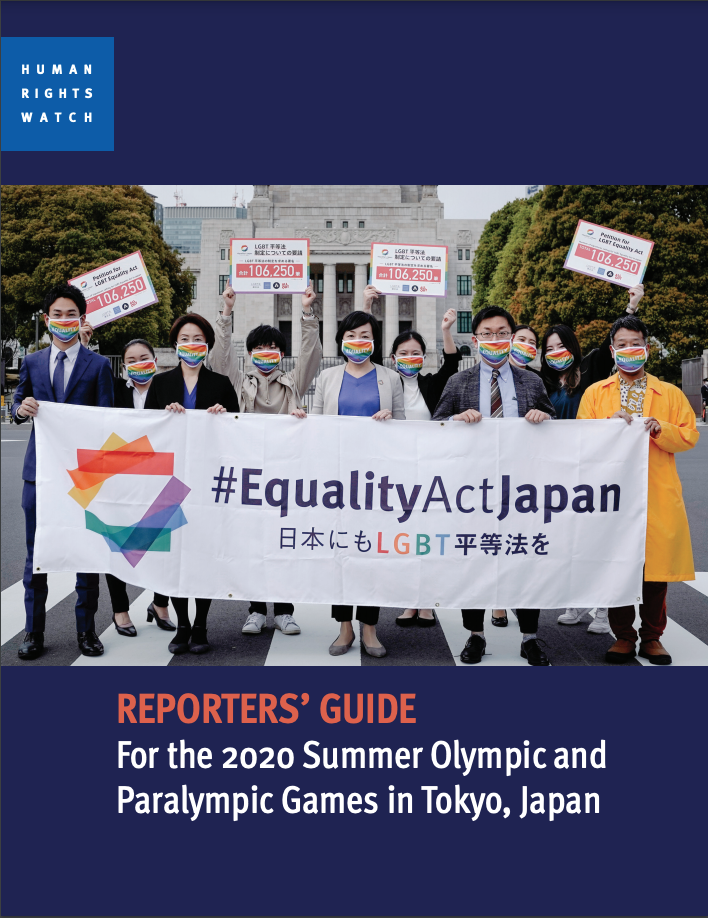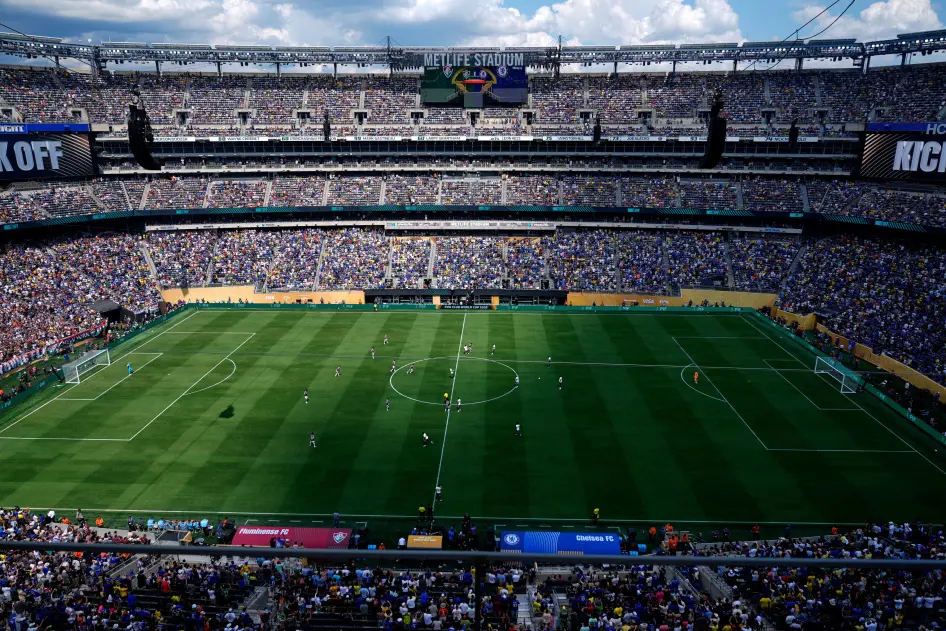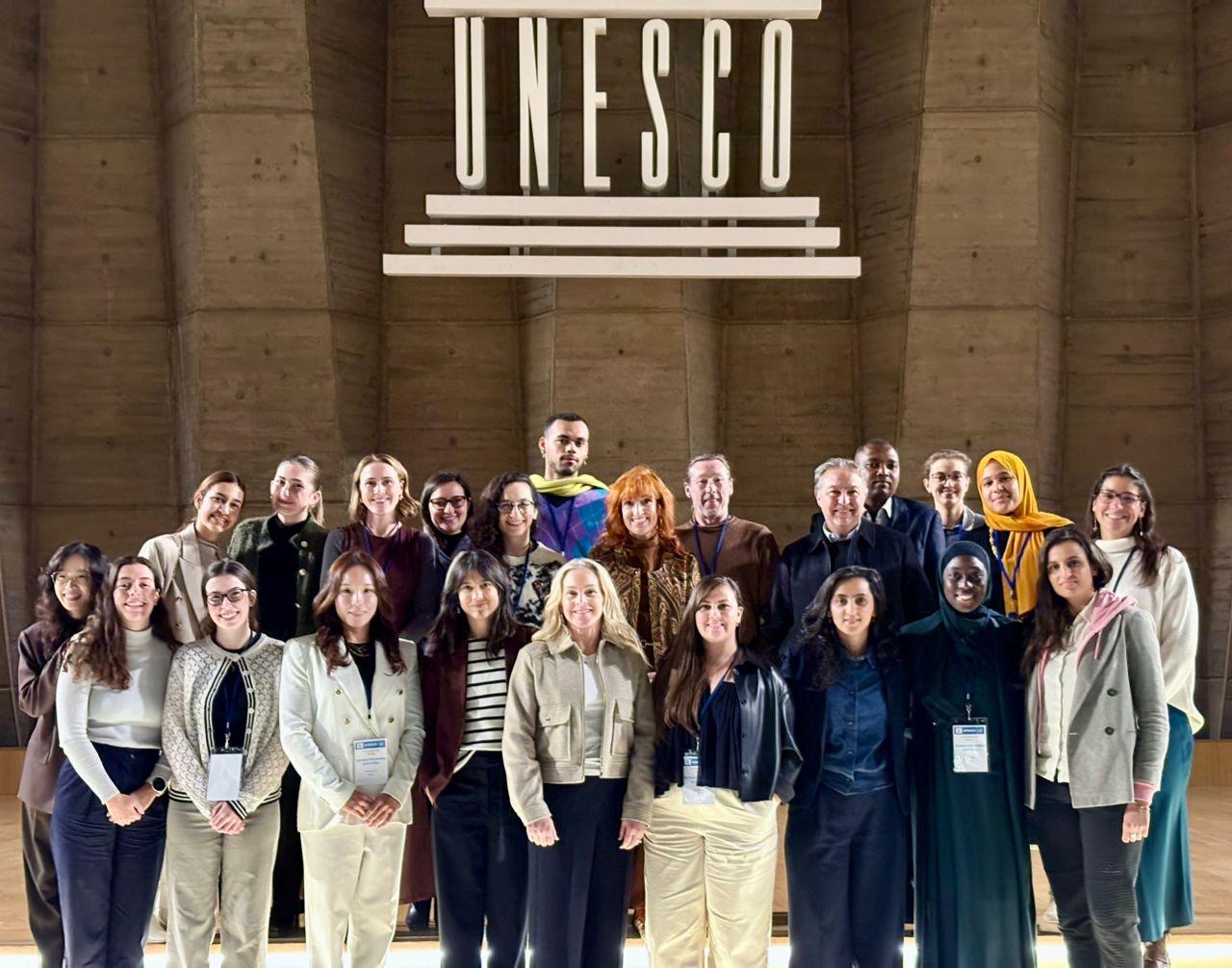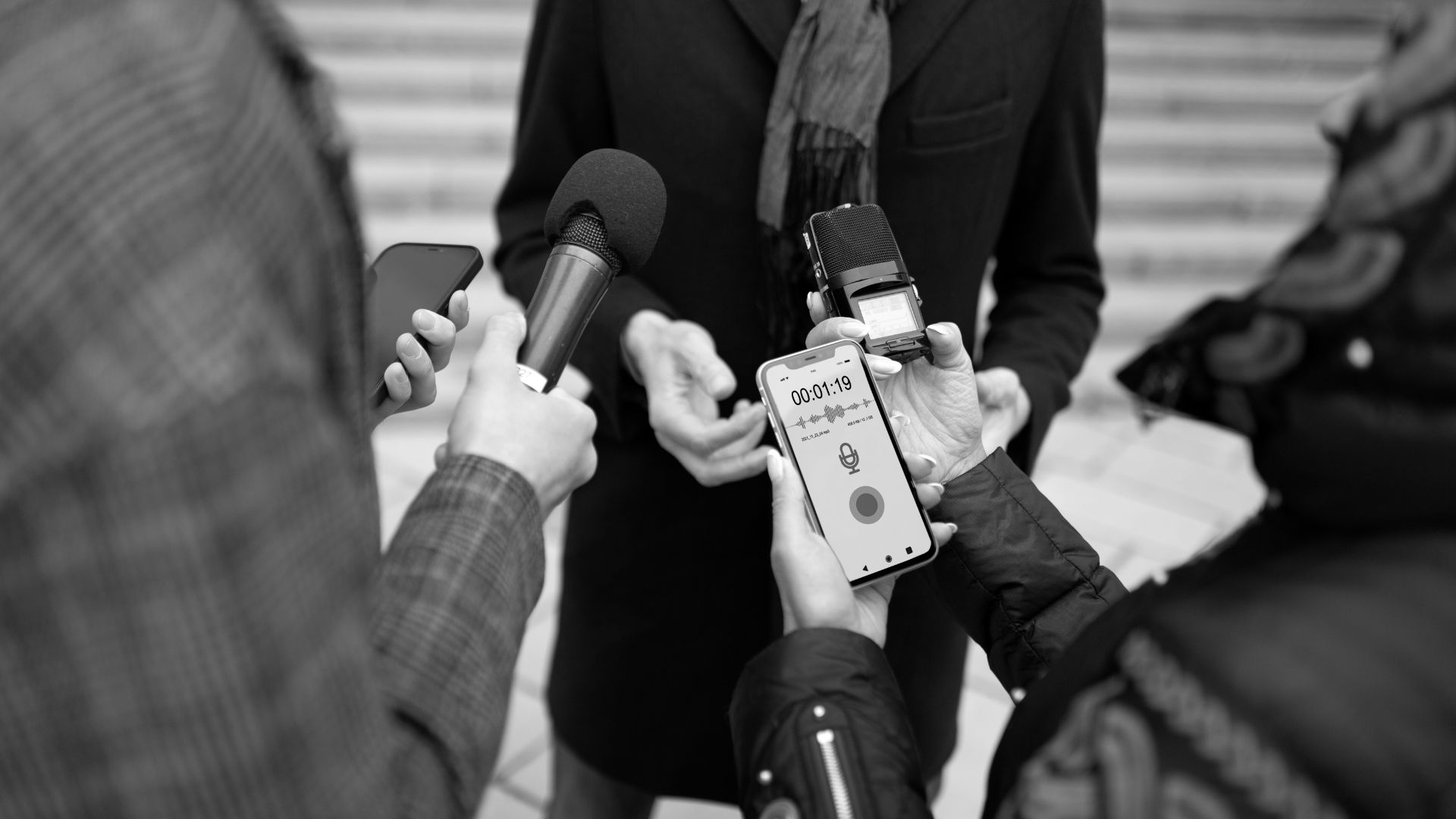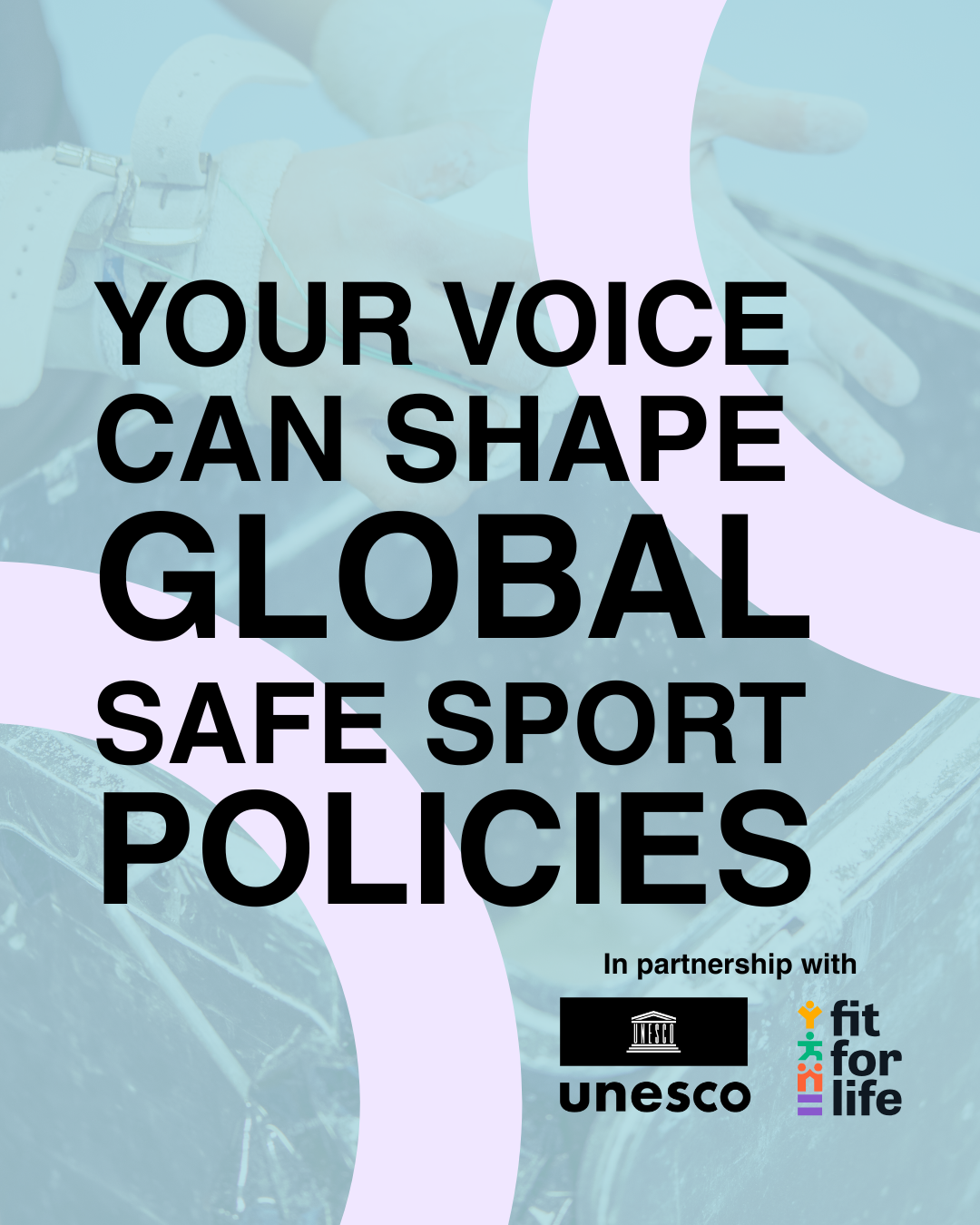Address Abuse of Child Athletes, LGBT Discrimination, Gender Gap
(Tokyo) – Japan should address serious rights issues in the country as host of the Tokyo 2020 Olympic and Paralympic Games, Human Rights Watch said today in a new reporters’ guide. The Tokyo 2020 Summer Games, which start on July 23, 2021, are advertised as celebrating “unity in diversity” and “passing on legacy for the future.” The Japanese government should immediately act to build a legacy of respect for human rights in Japan and beyond.
The 26-page “Reporters’ Guide for the 2020 Summer Olympic and Paralympic Games in Tokyo, Japan” (The Reporters’ Guide) summarizes rights concerns and recommendations relevant to both the Tokyo games and broader human rights concerns in Japan. The guide also describes the role of the International Olympic Committee (IOC) and other Olympic organizations and their relevance to promoting human rights at the Tokyo Olympics.
“Reporters and media organizations should look deeper, beyond the long-awaited Olympic sporting events, and report on what Japan and the global Olympic movement are doing both to fulfill pledges to address athletes’ human rights and to address the wider rights concerns in the host country,” said Kanae Doi, Japan director at Human Rights Watch. “The Reporters’ Guide demonstrates ways for journalists to write stories that bring out human rights concerns in today’s Japan as it opens the Olympics for the world.”
While Japan is an established democracy, with a demonstrated commitment to the rule of law and an active, independent civil society, the country also has a number of serious rights issues to address such as the abuse of children in sport; restrictions on lesbian, gay, bisexual, and transgender (LGBT) rights; violations of women’s rights; and wholly inadequate protection of asylum seekers and refugees.
The Olympic Charter expressly bans “discrimination of any kind,” as a “Fundamental Principle of Olympism.” However, Japan recently failed to pass a national law to extend legal protection to LGBT people despite strong global pressure and widespread national support to pass such a law before the Tokyo 2020 Games opened. Japanese LGBT groups have long urged political parties and elected representatives to pass legislation to protect LGBT rights, and in January 2021, 116 Japanese and international groups sent a joint letter reiterating those demands to Prime Minister Yoshihide Suga.
Japanese sport has a history of corporal punishment against children, known in Japanese as taibatsu. In a survey that Human Rights Watch conducted in 2020, encompassing 381 current and former child athletes who were 24-years-old or younger, 46 percent reported direct experiences of physical abuse while participating in sport. This prompted IOC President Thomas Bach to organize a telephone meeting with the Japanese Olympic Committee (JOC) President Yasuhiro Yamashita, to address measures to eradicate harassment and rights abuses in Japanese sport.
In December 2020, the International Olympic Committee published its expert report “Recommendations for an IOC Human Rights Strategy,” an important roadmap for adopting human rights across its operations. The IOC should immediately adopt this strategy and implement its recommendations across the Olympic Movement, Human Rights Watch said.
“People around the world recognize that the Olympics are more than just a sporting competition, but this event should also serve as a pivotal moment for the host country’s international image,” Doi said. “The Japanese government should take action now that demonstrates to the world that it is serious about being a global human rights leader by addressing these well-documented problems at home.”
